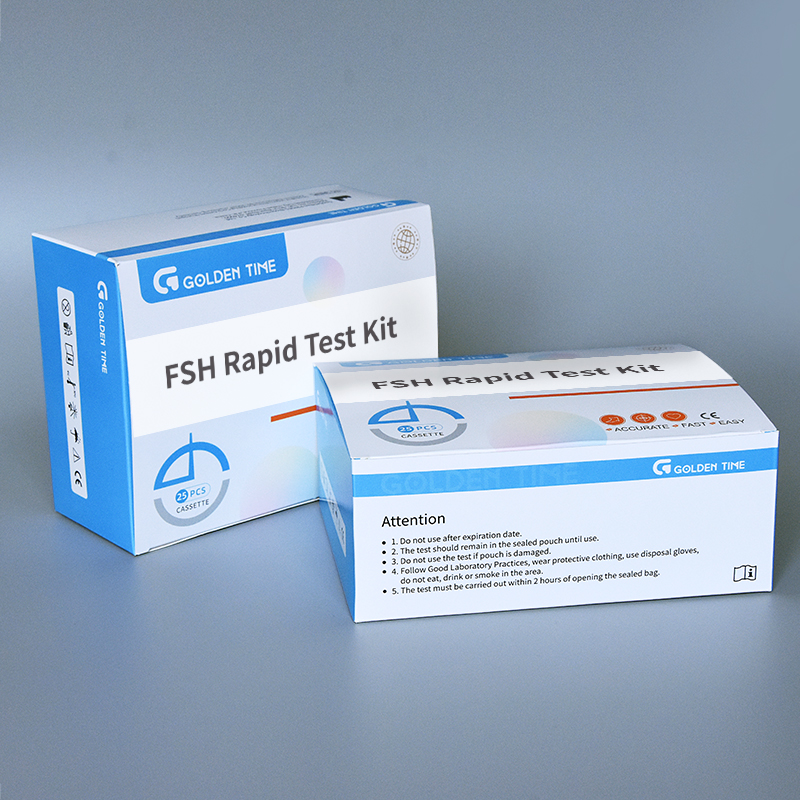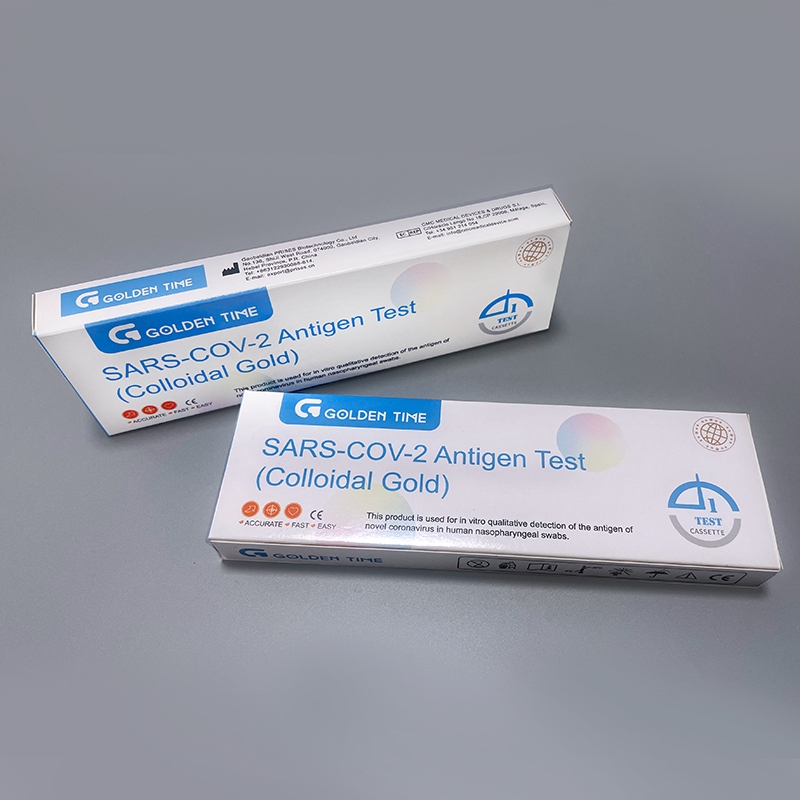1 月 . 06, 2025 19:46 Back to list
Choosing the Best Pregnancy Test Expert Reviews and Tips
Navigating the world of pregnancy tests can feel overwhelming, yet it's a pivotal moment for many, teetering between anxiety and excitement. Each year, millions of individuals rely on these small, yet powerful tools to confirm their pregnancy. Understanding the nuances of these tests not only demystifies the process but ensures that users trust and choose the right one for their needs.

Pregnancy tests are designed to detect the presence of the hormone human chorionic gonadotropin (hCG) in urine, which is produced shortly after the embryo attaches to the uterine lining. This biological marvel allows for early detection, often as soon as a few days after a missed period. It's crucial to consider factors such as sensitivity, ease of use, and personal preferences when selecting a test.
High-sensitivity tests are particularly beneficial for those who wish to confirm a pregnancy as early as possible. These tests often boast an impressive detection ability of hCG levels as low as 6.5 mIU/mL. However, while the promise of early detection is appealing, it's important to be cautious; false negatives can occur if testing is done too soon. Waiting a few days after a missed period can enhance the accuracy of the results.

The evolution of pregnancy tests has introduced digital tests, which offer a clear Pregnant or Not Pregnant readout, eliminating the guesswork often associated with interpreting traditional line-based tests. This advancement appeals to those seeking a straightforward, user-friendly experience. Moreover, some digital tests now come equipped with weeks estimators, providing additional insight into how far along the pregnancy may be, further aiding planning and emotional preparation.
Reliability and trust in a brand also play a vital role. Choosing a test from a reputable company, known for its rigorous quality control and FDA approvals, can provide peace of mind. It is often recommended to look for brands that offer extensive customer support, including clear instructions, online resources, and responsive helplines to address any concerns or questions.
pregnancy test
Furthermore, affordability is not to be overlooked. While more expensive tests often boast additional features, budget-friendly options are equally reliable when sourced from a reputable brand. It is worth considering purchasing tests that come in multi-packs, especially for those who anticipate repeated testing or who are actively trying to conceive.
For those who seek the authenticity of real experiences, online forums and review sites can provide invaluable insights. They offer a plethora of first-hand accounts of various pregnancy tests, detailing both positive experiences and pitfalls. Engaging with communities of others in similar situations can also offer emotional support and practical advice.
It is essential for users to follow the manufacturer’s instructions closely to ensure the most accurate results and avoid contamination that could lead to incorrect readings. Proper storage is equally important; keep tests in a cool, dry place to maintain their effectiveness.
In conclusion, choosing the right pregnancy test involves balancing sensitivity, ease, reliability, and cost. While this decision is intimate and deeply personal, leveraging credible sources, understanding one’s own needs, and considering professional medical advice can guide individuals towards a choice that provides confidence and clarity during a profoundly transformative time.
-
Early Pregnancy Test Kits Accurate & Fast Results Bulk Order Now
NewsMay.30,2025
-
Buy OPK Tests for Pregnancy Detection Bulk Supplier Discounts
NewsMay.30,2025
-
Buy OPK Tests for Pregnancy Detection Bulk Supplier Discounts
NewsMay.30,2025
-
Best At Home H Pylori Test Kits Accurate, Fast & FDA-Certified
NewsMay.29,2025
-
Accurate Syphilis Test Kits Trusted Suppliers & Manufacturers
NewsMay.29,2025
-
Wholesale Stool Occult Blood Test Kits Bulk Supplier Pricing
NewsMay.29,2025

